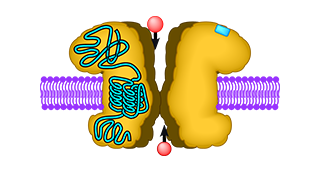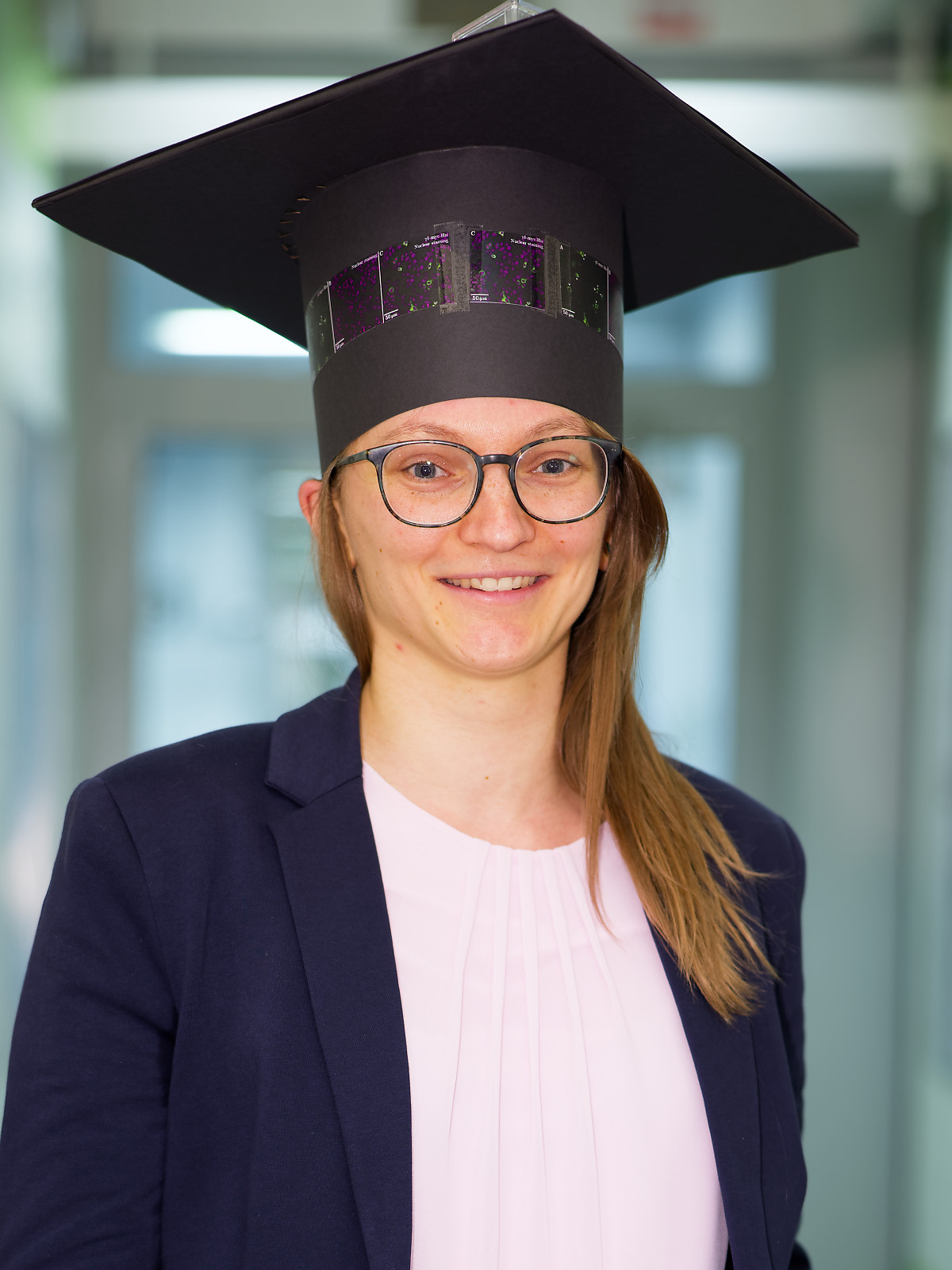News
Job advertisement
09.12.2025
The Faculty of Chemistry and Biochemistry invites applications for the position of a Professor W3 in Biochemistry. The job advertisement can be found here.
17.12.2025
 After 22 years as the secretary of the Department of Biochemistry I, Martina Borkowski is retiring. We thank her for the many years of good cooperation and wish her all the best for the future.
After 22 years as the secretary of the Department of Biochemistry I, Martina Borkowski is retiring. We thank her for the many years of good cooperation and wish her all the best for the future.
GBM-Preis für Christine Haake
02.02.2024
 We congratulate Christine Haake on winning the award of the German Society for Biochemistry and Molecular Biology (GBM) for the best Master's thesis in Biochemistry 2023. Photo: RUB, Marquard
We congratulate Christine Haake on winning the award of the German Society for Biochemistry and Molecular Biology (GBM) for the best Master's thesis in Biochemistry 2023. Photo: RUB, Marquard
30.09.2023
 After 24 years as the Chair of Biochemistry I - Receptor Biochemistry, Prof. Dr. Michael Hollmann is retiring. We thank him for the many years of good cooperation and wish him all the best for the future.
After 24 years as the Chair of Biochemistry I - Receptor Biochemistry, Prof. Dr. Michael Hollmann is retiring. We thank him for the many years of good cooperation and wish him all the best for the future.





